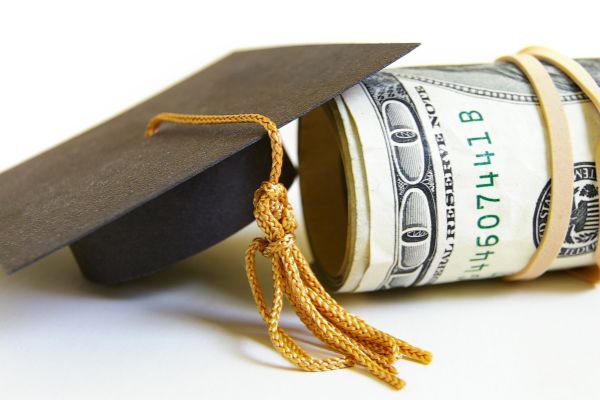![student-loan-01-min.jpg]()
How the New Review Works?
When someone files for bankruptcy, they can request that the Department of Justice review their federal student loans. The government looks at income, living costs, health, age, and work history. If paying those loans would keep a person from maintaining basic stability, the Department can recommend that the debt be reduced or wiped out.
The final word still belongs to the judge. But for the first time, borrowers in Georgia are being evaluated under the same national framework as everyone else. It’s a slower, more personal look at real financial life instead of one-size-fits-all rejection.
Who Might Qualify?
Each case is different. Usually, the court sees a stronger case when:
- A borrower’s age or health makes steady work unlikely.
- Payments have gone on for years with little progress.
- Income is below what’s needed to cover essentials.
- The borrower never got the degree connected to the loan.
- There’s proof they’ve tried to repay or find another solution.
Meeting one or more of these doesn’t guarantee discharge, but it gives the court something real to consider. Even if the debt can’t be erased, student loan discharge in bankruptcy can still stop collections or wage garnishment and make payments manageable.
Private loans are treated separately. Some may qualify, but most still fall outside the federal guidance.
The Weight of Student Debt in Georgia
Georgia ranks high in average student debt across the South. It’s not unusual for a borrower to owe over $30,000. For families in places like Atlanta, Savannah, and Macon, loan payments compete with rent, food, and child-care costs. Many see little chance to save for a home or retirement. The new discharge process gives those borrowers at least a chance to reset and start rebuilding.
How DebtStoppers Helps
DebtStoppers has worked with Georgia residents facing every kind of financial pressure. Our attorneys for student loan debt keep up with the latest changes from the Department of Justice and the Department of Education so clients can understand their rights clearly.
If student loans have become more than you can handle, this may be the time to ask whether bankruptcy discharge could help. The law has evolved, and for the first time in years, getting rid of federal student debt through bankruptcy is actually possible.

